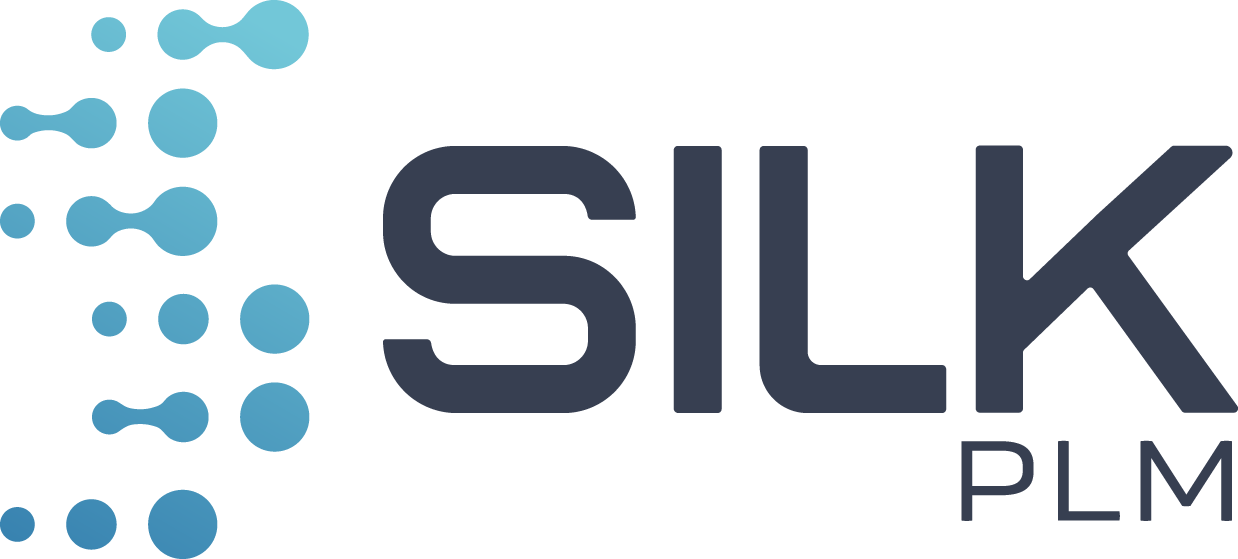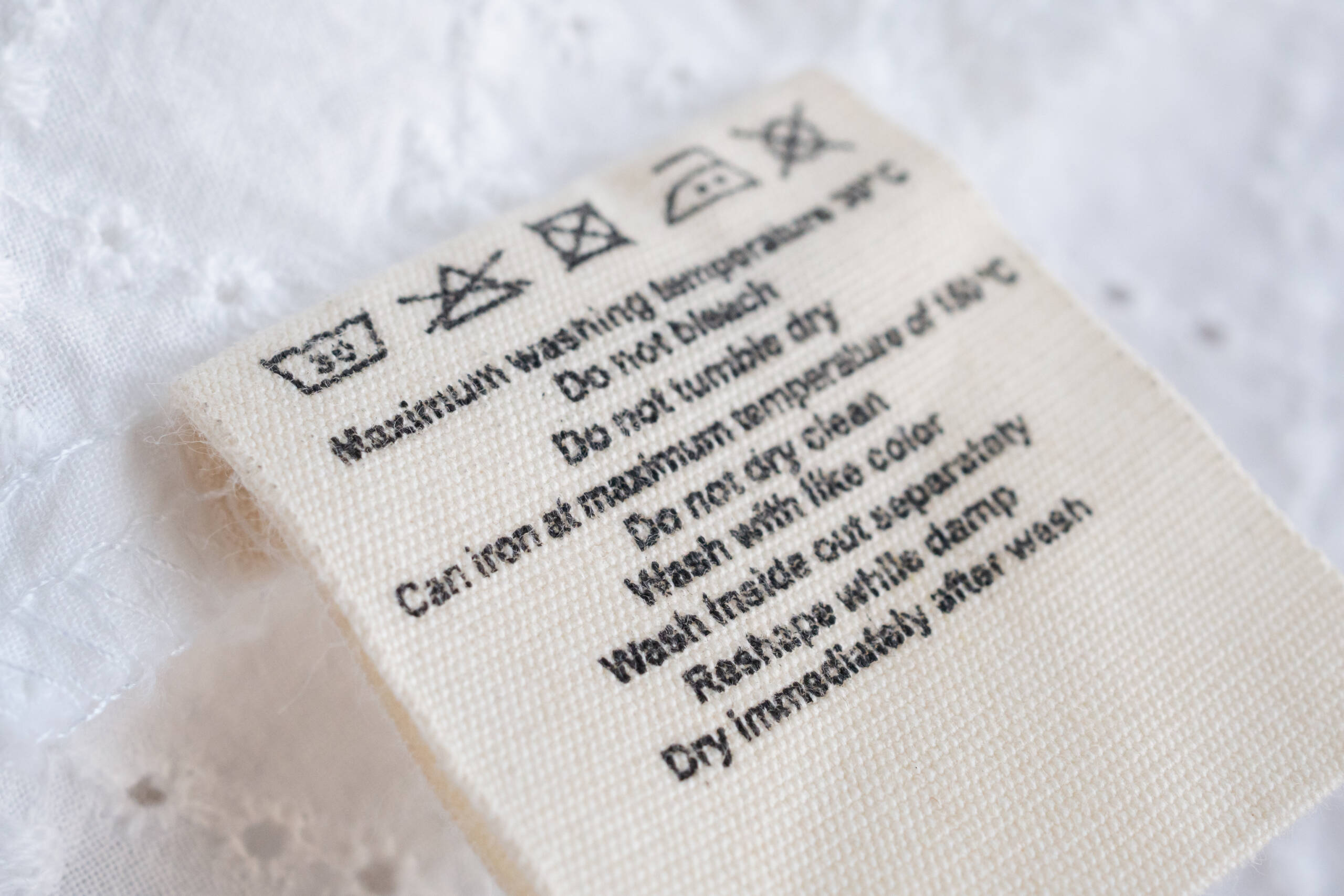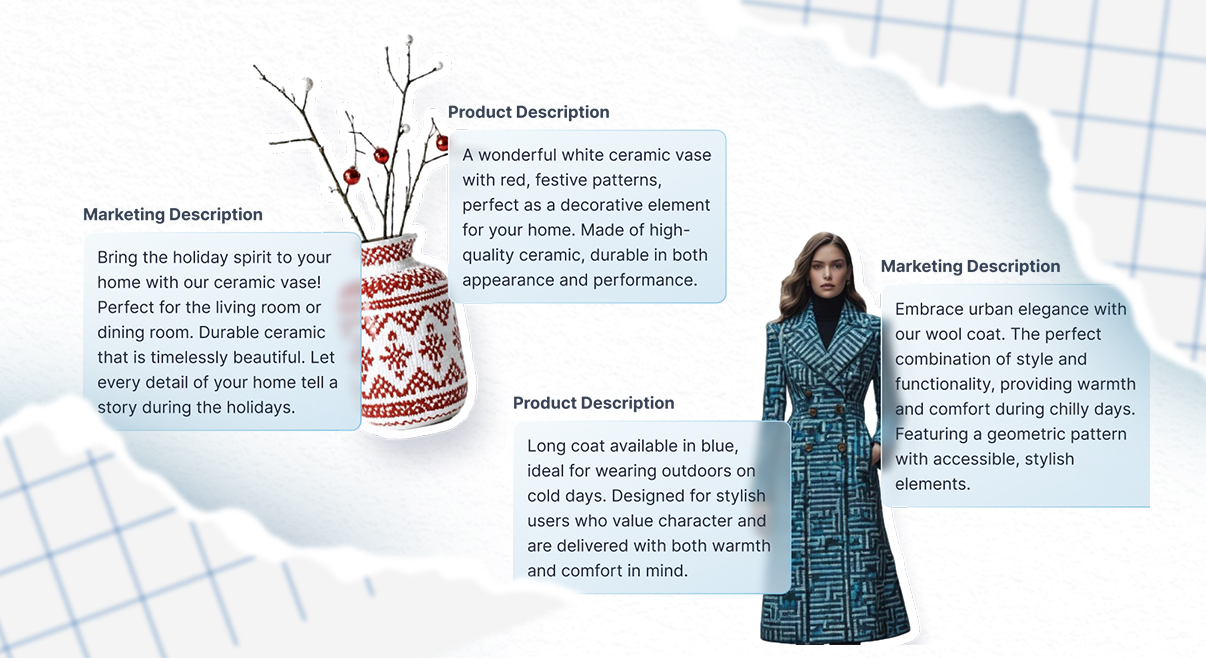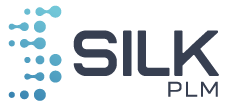Knowledge Base » Articles
Fashion Labels: The Essential Guide for Clothing Brands
Fashion labels play a crucial role in your brand and shape how customers perceive your product. If you're launching a new product line and feel unsure about how to select the right labels, this guide will serve as your go-to resource!
Guide to Care Labels for Fashion Brands: Compliance & Sustainability
Care labels are a vital communication tool for customer satisfaction, legal compliance, and reinforcing your brand values. Whether you're a fashion startup, e-commerce business, or independent designer, understanding care labels is non-negotiable.
What Clothing Labels Do Your Products Need
Before you start selling your clothes, let's talk about something important that is often forgotten: the rules for clothing labels. Not only are these little tags required by law, they're also very important to the success of your business, especially if you sell things abroad. This guide will help you make sure that your labels follow the rules and that your brand is ready to do well in the EU and US markets.
Clothing Label Requirements: A Guide for EU & US Fashion Startups
These little bits are far more than mere tags. Establishing your brand, guaranteeing legal compliance, and keeping your consumers pleased all depend on them. Whether you're starting your first line or growing your web business, knowing the nuances of clothing labels is essential.
How pre order business work in e-commerce
Have you ever wondered if there's a less risky way to enter the fashion industry with your own business? This is where the pre-order business model comes in, gaining more and more popularity.
Transform Your Store with AI: Automated Descriptions & Marketing Made Easy
Businesses are increasingly using technology to improve efficiency and obtain a competitive advantage in the dynamic world of e-commerce, where time is of the matter and competition is intense. One of the latest innovations shaking up the industry is the use of AI tools for online stores.
Downloadable and Editable Hang Tag Templates for Your Brand
You're looking for a faster, more productive way to handle this process, not only saving you time and ensuring you don't lose your mind, but also produce high-quality hang tags that really sell your products.
Hang Tags and Price Tags: What Are They & How to Use Them for Brand Impact
Explore hang tags and price tags. Get tips on using them to elevate your brand's visibility and create a memorable shopping experience for customers.
What is Planning and Allocation in Retail?
Planning and allocation are the procedures that guarantee the timely delivery of the correct items to the proper locations. Demand forecasting, inventory distribution, and data-driven decision-making are all part of these processes.
Comprehensive Product Management in Retail Thanks to the Synergy of Occubee and SilkPLM
Occubee and SilkPLM are joining forces to provide retail professionals comprehensive product management support. The process begins with inventory planning and ends with stocking stores and warehouses.











